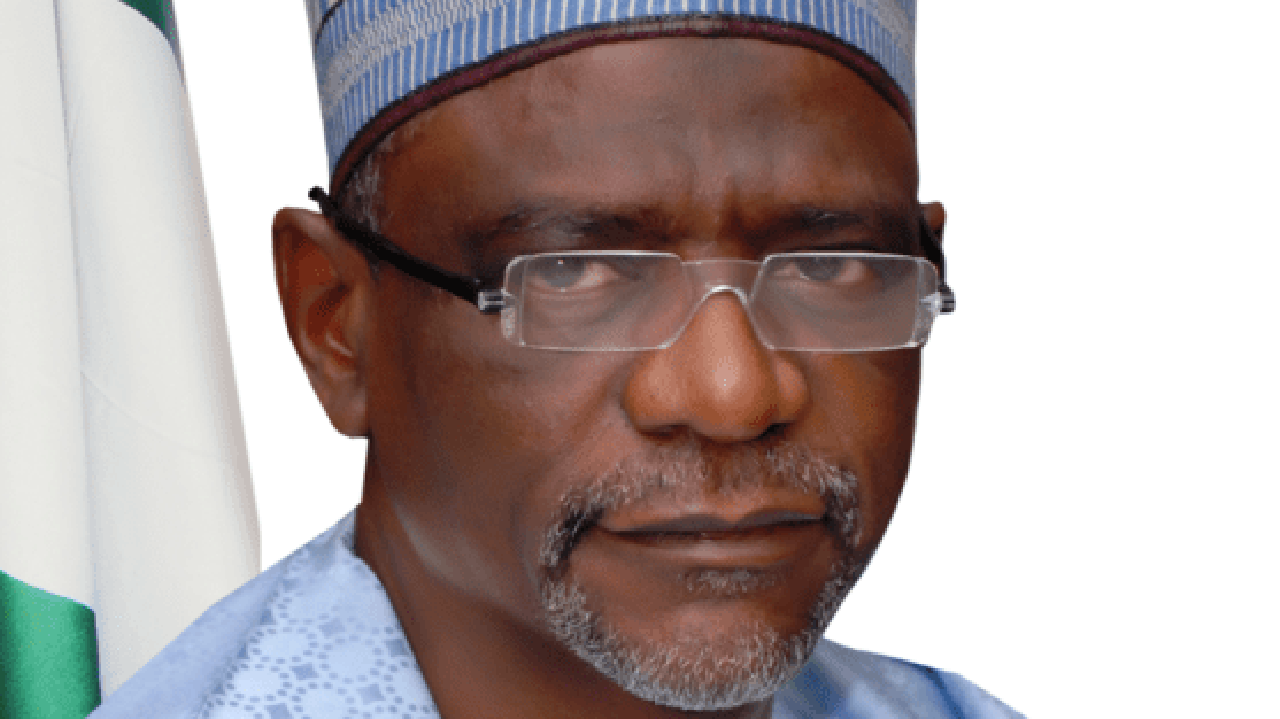
The Minister of Education, Adamu Adamu, made the disclosure yesterday after the Council meeting presided over by President Muhammadu Buhari at the Presidential Villa, Abuja.
Conceding the government’s knowledge that implementation will be difficult, Adamu said the mother tongue will be used exclusively for the first six years of education, while it will be combined with the English language at the Junior Secondary School level.
The Minister said though the policy has officially taken effect, full implementation will start when government develops instructional materials and qualified teachers are engaged.
He explained that the mother tongue to be used in each school will be the dominant language spoken by the community where the institution is located.
The Minister said the government was poised to preserve the indigenous cultures and their peculiar idiosyncrasies, lamenting, however, that much has been lost due to the extinction of some local languages, just as he assured that all Nigeria languages were equal and will be treated as such.
“A memo on national policy was approved by the Council. So, Nigeria now has a National Language Policy and the details will be given later by the ministry.
“One of the highlights is that the government has agreed now that henceforth, instruction in primary schools; the first six years of learning will be in the mother tongue.”
The Minister added that the decision is only in principle for now because it will require a lot of work to implement.
“Theoretically, this policy starts from today but the use of the mother tongue is exclusive we need time to develop the material, get the teachers and so on. Since the first six years of school should be in the mother tongue, whereby the pupil, the language of the host community is what will be used.
“Because we have 625 languages at the last count and the objective of this policy is to promote and enhance the cultivation and use of all Nigerian languages,” he added.
Continuing, Adamu disclosed that FEC also approved a consultancy services agreement between Joint Admission and Matriculation Board (JAMB) and a private company, for the upgrade of the portal on which the Board records candidates seeking admission into higher institutions of learning.
Also speaking, Attorney-General and Minister of Justice, Abubakar Malami, disclosed that Council approved N630 million for the engagement of a consultancy firm that will assist the nation in the deployment of technology that will help reduce risks and damages associated with the award of contracts.
According to the minister, the memo presented by the Ministry of Justice will address deficiencies associated with contracts that expose the nation to higher risks and damages.
“This memo is intended to bring about a new development in contract administration in Nigeria, by way of deployment of technology, building capacity and specialisation, developing a continuous checklist of all existing contracts and ensuring that the interest of the Nigerian government in all contracts to be considered by Ministries, Department and Agencies, are adequately addressed, to ensure that the government is not subjected to higher risks as it relates to damages and deficiency in contracts that it may sign with third parties.
“So, the Federal Executive Council considered the memo and granted approval for the engagement of a consultancy service firm that will now assist in the deployment of technology in building the capacity of the relevant departments in the Federal Ministry of Justice that are responsible for providing technical services in the formulation of contracts and to ensure that the necessary clauses and protection is provided for the government in the drafting of agreements so as to reduce to the barest minimum the level of digression witnessed recently in some contracts.
“At the end of the day, the council approved the contract for consultancy services in the sum of N630, 132, 750 inclusive of the 7.5 percent value-added tax, with a completion period of six months,” he stated.
Minister of Information and Culture, Lai Mohammed, who also spoke at the briefing, said Council granted approval for the development of a property of the Nigeria Police located in the Maitama District of Abuja, Nigeria’s capital city.
The Minister explained that the project will be executed through a private-public partnership arrangement which is expected to culminate in the police taking 15 out of the 39 houses and the private sector that will provide the funding taking 24 of the houses.
“Council considered and approved a public-private partnership arrangement whereby the police property in Maitama will be developed for use by the Senior Officers of the Police. It’s an arrangement between a private company, the Ministry of Police Affairs and the Nigeria Police Force.
“39 apartments will be re-developed and 24 of them would be taken by the private sector that provided the funding while 15 will be used by the police over a period of time. But the beauty of the arrangement is that it is at little or no cost to the federal government because all we have offered is our land and after the expiration of the lease agreement the entire 39 buildings revert to the Nigeria Police Force.”
Minister of Science and Technology, Adeleke Mamora, who also spoke at the briefing, said Council approved another public-private partnership arrangement on research and development of satellite technology and equipment for the provision of cost-effective satellite broadband service to rural areas in Nigeria.



